
Ubuntu 21.10 is the last non-LTS release before the next big LTS update. Codenamed, Impish Indri, Ubuntu 21.10 will be supported for nine months until July 2022.
Unless you want to try the latest and greatest features, you should stick to Ubuntu 20.04 LTS and wait for Ubuntu 22.04 LTS.
Now that you can download and install Ubuntu 21.10 on your systems, let me highlight a few things about this update.
Ubuntu 21.10 “Impish Indri”: What’s New?
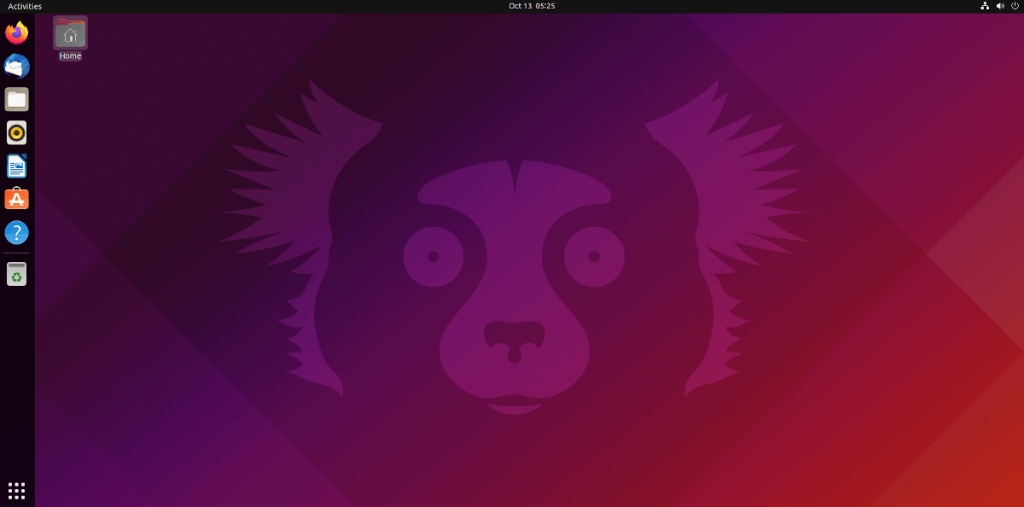
Ubuntu 21.10 comes baked with several significant changes. Some of the most impactful improvements include:
- New installer
- Addition of GNOME 40
- Ditching the mixed theme and opting for light/dark theming
- Including Linux Kernel 5.13
- Inclusion of PulseAudio 15 with Bluetooth LDAC support
- Wayland session with Nvidia proprietary driver
GNOME 40 can be a refreshing change with Ubuntu but you can only tell that after you experience it. To give you a quick idea, here’s what you can expect with all the changes included in this release.
Refreshed Installer
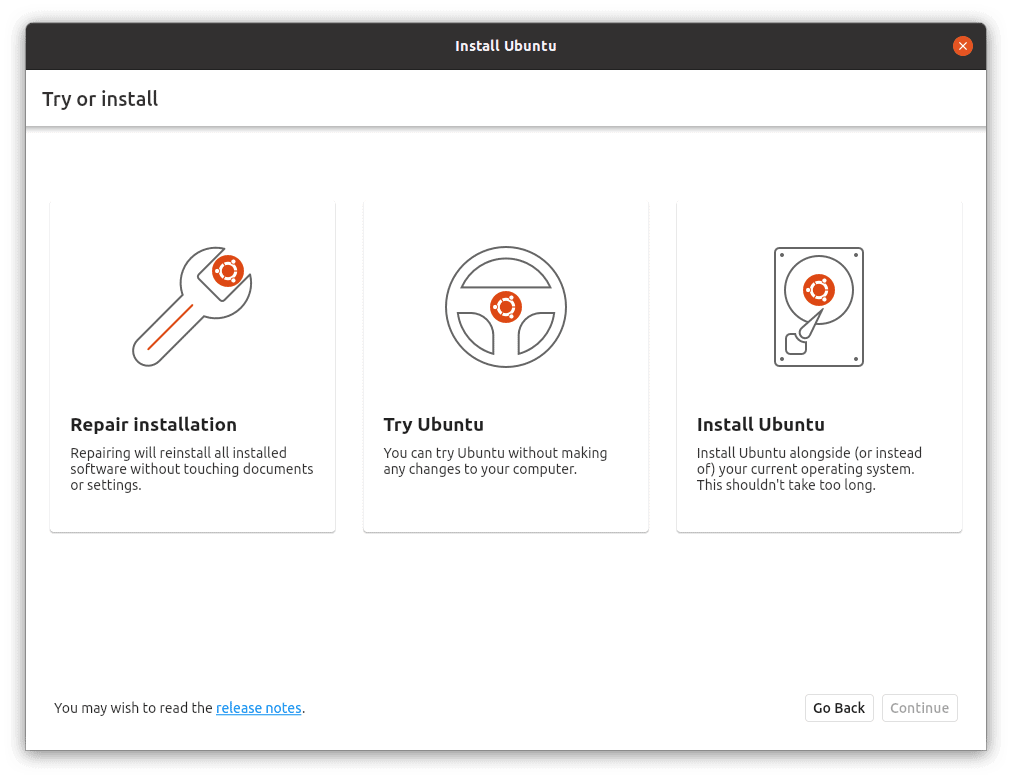
While Ubuntu’s installer was easy to use and newbie-friendly, Canonical wants to take it up a notch by giving the installer a visual and technical overhaul.
The dev team utilizes Flutter to make the installer consistent across all other Ubuntu flavors and system configurations.
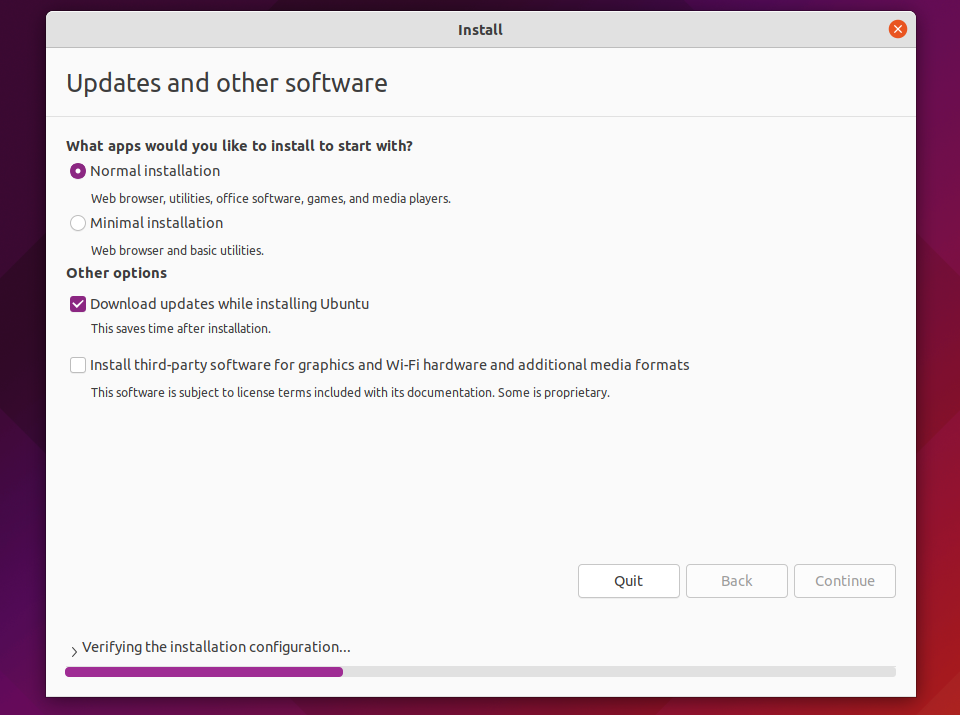
GNOME 40
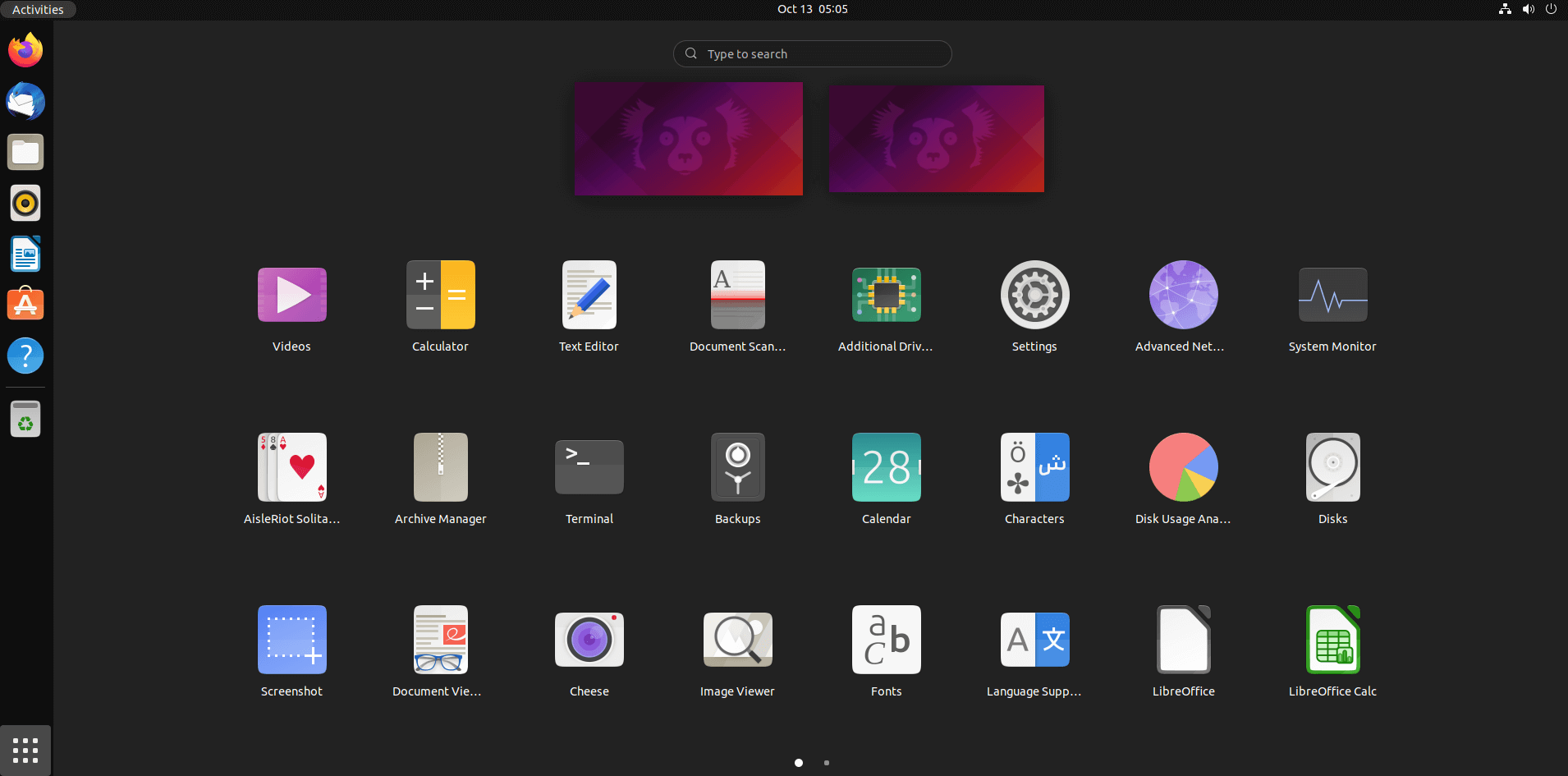
Ubuntu’s desktop experience blends in with GNOME 40 without offering any confusing layouts. The dock remains and the horizontal activity overview works seamlessly with that.
Of course, all the improvements in GNOME 40 like core app updates, workspace changes, and more carry over to Ubuntu 21.10 with a few teaks from Canonical.
Personally, I didn’t like the workflow with GNOME 40, but you may want to take it up for a spin.
Changes in Theme
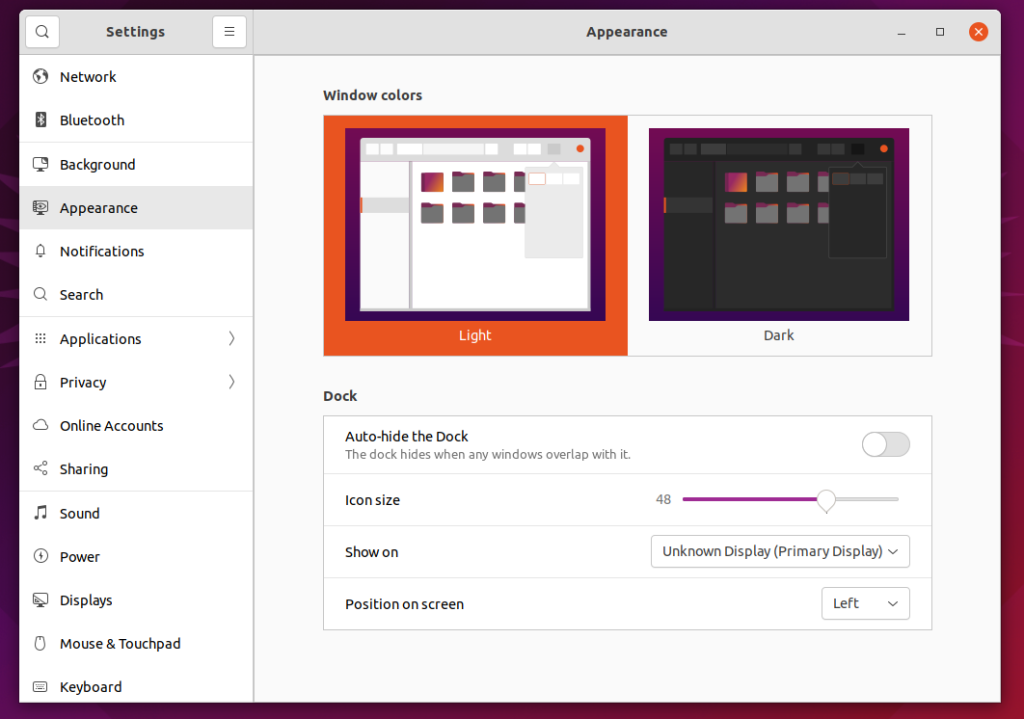
I like the improved color scheme that aims to blend in better with Canonical’s branding for Ubuntu.
However, the mixed (Standard) theme was a bit problematic when it came to being consistent with applications and overall theme selection.
Going forward with Ubuntu 21.10, you will only notice a dark and light theme while the light being the default choice out-of-the-box. If you’re curious, you can read our past coverage to know more about this change.
Linux Kernel 5.13
The addition of Linux Kernel 5.13 adds support for future Intel and AMD chips along with initial Apple M1 support.
You can explore more about Linux Kernel 5.13 but overall, it should give you way better hardware compatibility.
PulseAudio 15 With Bluetooth LDAC Support
Considering that more Bluetooth headphones now support LDAC, you get to utilize the capability when using Ubuntu 21.10 on your desktop.
Fret not, if you do not want to try a non-LTS release, Ubuntu 22.04 LTS will include the same improvement. So, you will have to be patient till next year to make use of that.
In addition to that, PulseAudio 15 brings in a range of improvements, you can refer to its official changelog to know more about that.
Wayland Session with NVIDIA Proprietary Driver
Now, even if you use the proprietary NVIDIA drivers, you will be able to switch to a Wayland session if you need it.
Other Changes in Ubuntu 21.10
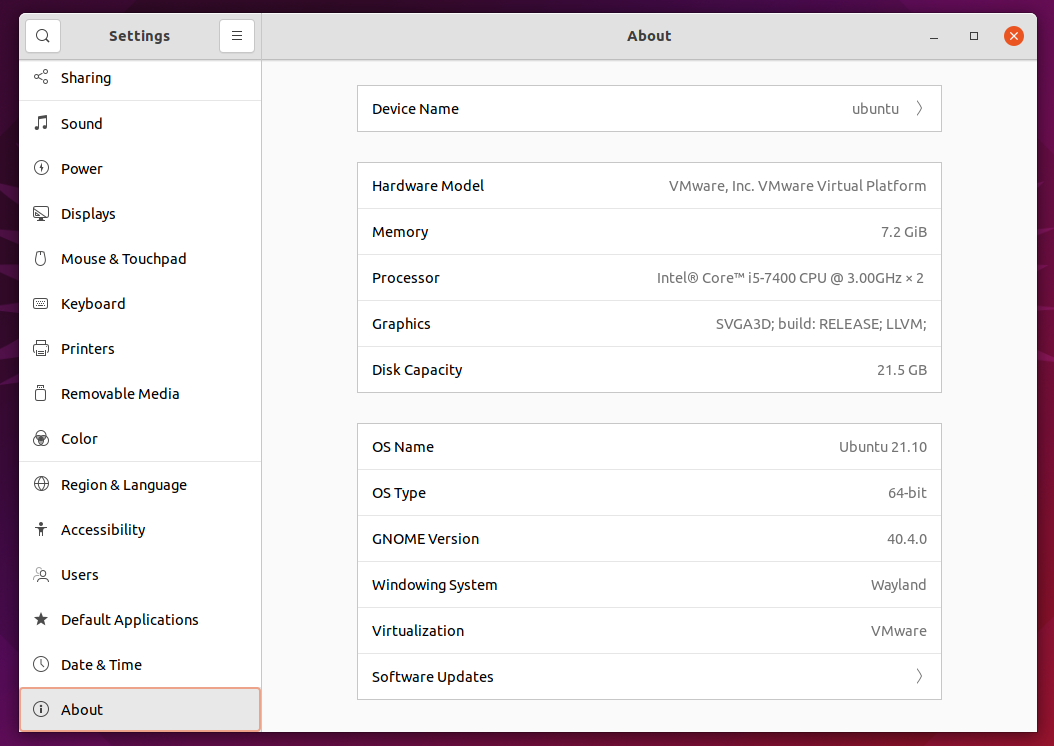
Ubuntu 21.10 release brings in a host of quality changes to its cloud images, Raspberry Pi support, and security as well.
Some of those notable changes include:
- Including Firefox as a Snap by default
- Package updates to LibreOffice, Thunderbird
- Ubuntu server improvements
- New PHP default to 8.0.8
If you want to explore all the technical details, you might want to refer to the official release notes.
Download and Upgrade to Ubuntu 21.10
You can opt for a fresh installation or upgrade from Ubuntu 21.04 to Ubuntu 21.10 using the software updater.
Do note that if you are using Ubuntu 20.04 LTS, it is recommended to wait for the next LTS release, unless you know what you are doing.
- Even the biggest players in the Linux world don't care about desktop Linux users. We do.
- We don't put informational content behind paywall. Your support keeps it open for everyone. Think of it like 'pay it forward'.
- Don't like ads? With the Plus membership, you get an ad-free reading experience.
- When millions of AI-generated content is being published daily, you read and learn from real human Linux users.
- It costs just $2 a month, less than the cost of your favorite burger.
Become a Plus Member today and join over 300 people in supporting our work.









